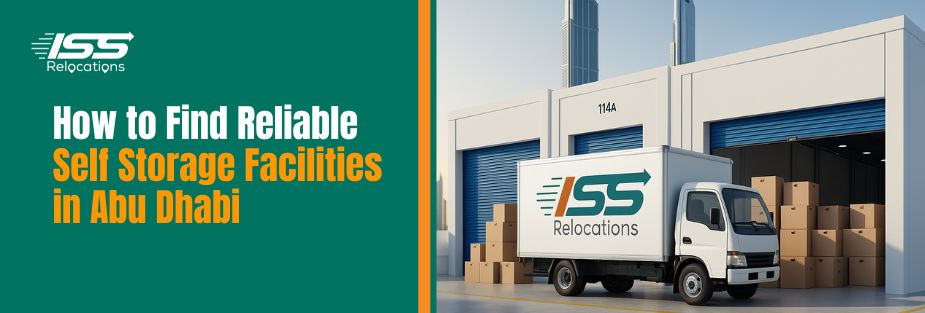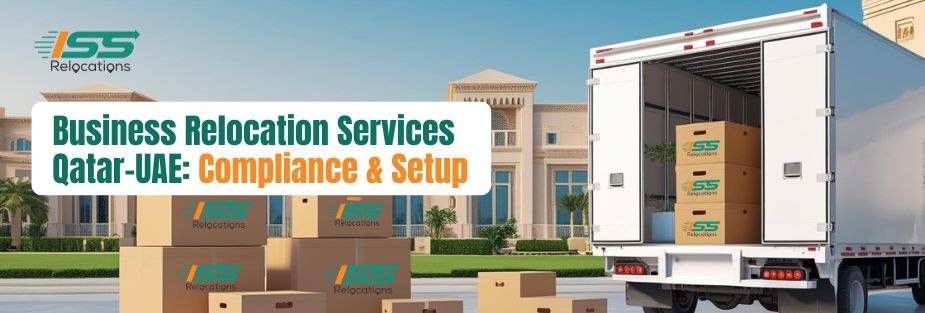
Moving Services to India: A Cultural Adventure and Practical Tips
Moving Services to India is more than just a shift, it’s also an immersing experience that would leave a lasting impression. India provides a distinctive tapestry of experiences that will fascinate you, from its rich heritage and various cultures to its colorful events and delectable cuisine.
This blog is your comprehensive guide to moving to India, providing valuable insights and practical tips to navigate this enchanting country with ease. For your international relocation, whether you’re moving for work, study, or personal reasons, here is a blog that would assist you in making a seamless transition and embracing the incredible opportunities that await you.
India’s cultural diversity is truly mesmerizing, and each region has its distinct traditions, languages, and customs. From the bustling streets of Mumbai to the serene backwaters of Kerala, every corner of this vast country has something remarkable to offer. Get ready to explore majestic palaces, and breathtaking natural landscapes that will leave you awe-struck.
Beyond the cultural aspects, understand the practical considerations that come with moving to a new country. From obtaining the necessary visas and understanding the healthcare system to find suitable accommodation and navigating transportation, here are a few guidelines to ensure a seamless transition.
India visa requirements
If you are planning to move to India, it is important to familiarize yourself with the visa requirements beforehand to ensure a smooth and hassle-free entry into the country. Here are the key details regarding India visa requirements
List of Visas
-
- Tourist Visa: The tourist visa is issued for recreational and sightseeing purposes, allowing individuals to explore India’s rich cultural heritage, historical sites, and natural beauty. Tourist visas are typically granted for short stays, ranging from a few weeks to several months.
-
- Business Visa: The business visa is intended for individuals visiting India for business-related activities such as attending meetings, conferences, or exploring business opportunities. This visa category is suitable for entrepreneurs, investors, and professionals engaged in commercial activities.
-
- Employment Visa: The employment visa is granted to individuals who have secured employment in India. It is issued to skilled professionals, teachers, researchers, and those working for multinational companies or Indian organizations. The employment visa is typically valid for the duration of the employment contract.
-
- Student Visa: Student visas are for individuals who wish to pursue academic studies in India. This visa category applies to those enrolled in recognized educational institutions, universities, or research centers. The student visa usually allows individuals to study and reside in India for the duration of their academic program.
Other guidelines about Visa
- Start by filling out the online visa application form available on the official website of the Indian Embassy or Consulate in your country. Provide accurate and complete information, as any discrepancies can result in delays or rejection of your application.
- The documents needed for an India visa application typically include:
-
- Passport: Ensure your passport is valid for at least six months beyond your planned date of entry into India.
-
- Photograph: Submit recent passport-sized photographs as per the specified guidelines.
-
- Proof of Travel: Provide a copy of your confirmed round-trip or onward travel itinerary.
-
- Accommodation Details: Present proof of accommodation arrangements in India, such as hotel bookings or a letter of invitation from a host.
-
- Financial Proof: Demonstrate sufficient financial means to cover your expenses during your stay in India.
-
- Supporting Documents: Depending on the visa category, additional documents may be required, such as a letter of invitation, employment contract, or admission letter from an educational institution.
- Pay the visa fee as applicable, which varies depending on the type and duration of the visa. The processing time for visa applications can vary, so it is advisable to apply well in advance of your intended travel dates.
- Some applicants may be required to undergo biometric data collection, which includes fingerprint scanning and facial recognition. Additionally, certain visa categories may require an interview with the Indian Embassy or Consulate.
- India visas typically have specific validity periods. If you wish to extend your stay in India beyond the visa’s validity, you must apply for an extension through the Foreigners Regional Registration Office (FRRO) or the Foreigners’ Registration Office (FRO) in the city where you are residing.
The healthcare system in India
India has expanded its healthcare system extensively and diversely to encompass a broad spectrum of medical services and facilities. The country’s government-operated medical institutions, primary care centers, and community health centers cater to the healthcare needs of the population, particularly in remote and rural areas, intending to make healthcare affordable and accessible. Despite considerable advancements in India’s healthcare sector, challenges persist in terms of accessibility, inadequate infrastructure, and disparities across different regions.
Work market in India
Salary levels in India vary significantly across industries, job roles, and geographical locations. Major metropolitan cities and certain sectors, such as IT and finance, tend to offer higher salary packages compared to smaller cities and other industries. However, it’s important to consider the cost of living when evaluating salary and compensation packages. And the work cultures and office moves may vary across industries and organizations.
Education in India
School education in India follows a 10+2 system, which includes 10 years of primary and secondary education followed by two years of higher secondary education. The primary medium of instruction is typically either English or a regional language. Both public and private schools are available throughout the country, offering education from kindergarten to higher secondary levels.
There are multiple education boards in India, with the Central Board of Secondary Education (CBSE) and the Indian Certificate of Secondary Education (ICSE) being the most prominent. State boards also exist, offering education in regional languages and following their curriculum.
Final Overview – Moving Services to India
If you are contemplating a relocation to India with your children, do consider the services of ISS Relocations. With their extensive range of offerings, including baggage services, professional packing, seamless moving, and reliable storage solutions, ISS Relocations offers an efficient transition for your family. Their expertise in handling all aspects of the relocation process guarantees the utmost care and attention to your belongings, providing you with peace of mind during this significant life event.
Plan Stress-free Move with Top Moving Company in UAE - ISS Relocations

Frequently Asked Questions
How can I move to India from UAE?
Moving to India from the UAE requires
obtaining the necessary visa, sorting out housing, and managing the logistics
of shipping your belongings. ISS Relocations offers comprehensive moving
services to India, including visa assistance, packing, shipping, and customs
clearance, ensuring a seamless transition to your new home in India.
How much do packers and movers charge in India?
Packers and movers in India typically charge between INR 5,000 and INR 30,000 for local moves, depending on the distance, volume of goods, and services offered. ISS Relocations provides transparent pricing for moving to India, offering tailored solutions to fit your needs and budget, ensuring a stress-free move.
What is the best company for moving to India from UAE?
ISS Relocations is one of the best companies for moving to India from the UAE. We specialize in international moves, offering expert packing, shipping, and customs services. Our experience in relocating people to India from the UAE ensures a smooth, efficient, and hassle-free process for you and your family.
How can I ship my belongings to another state in India?
To ship your belongings to another state in India, you can choose from various options like road, rail, or air freight. ISS Relocations offers secure and reliable shipping services to any state in India, ensuring that your belongings are packed, transported, and delivered with care, no matter the destination.
Which city is best for living in India from UAE?
The best city for living in India depends on your preferences and lifestyle. Cities like Bangalore, Mumbai, Delhi, and Pune are popular among expats, offering a mix of modern amenities, good job opportunities, and a vibrant social scene. ISS Relocations can assist in finding the right city and home for your relocation, ensuring a smooth transition to your new life in India.
Why choose a moving company for India?
Choosing a moving company for India ensures that your move is handled professionally, with careful planning, secure packing, and timely delivery. ISS Relocations offers expert services that cover every aspect of your move to India, from packing and shipping to customs clearance and settling in, making your relocation as smooth and stress-free as possible.
Which is the best moving company in the world?
While many moving companies offer good services, ISS Relocations stands out for its customer-focused approach, reliability, and global experience. We provide international moving services to India, ensuring that your move is seamless, secure, and professionally managed, making us a trusted choice for relocations worldwide.
Moving Company - Recent Blog
Stay informed and prepared for your next move with our latest blogs on moving services in the UAE. From expert packing tips to international relocation guides, ISS Relocations brings you up-to-date insights to make your moving experience smoother, safer, and stress-free.










